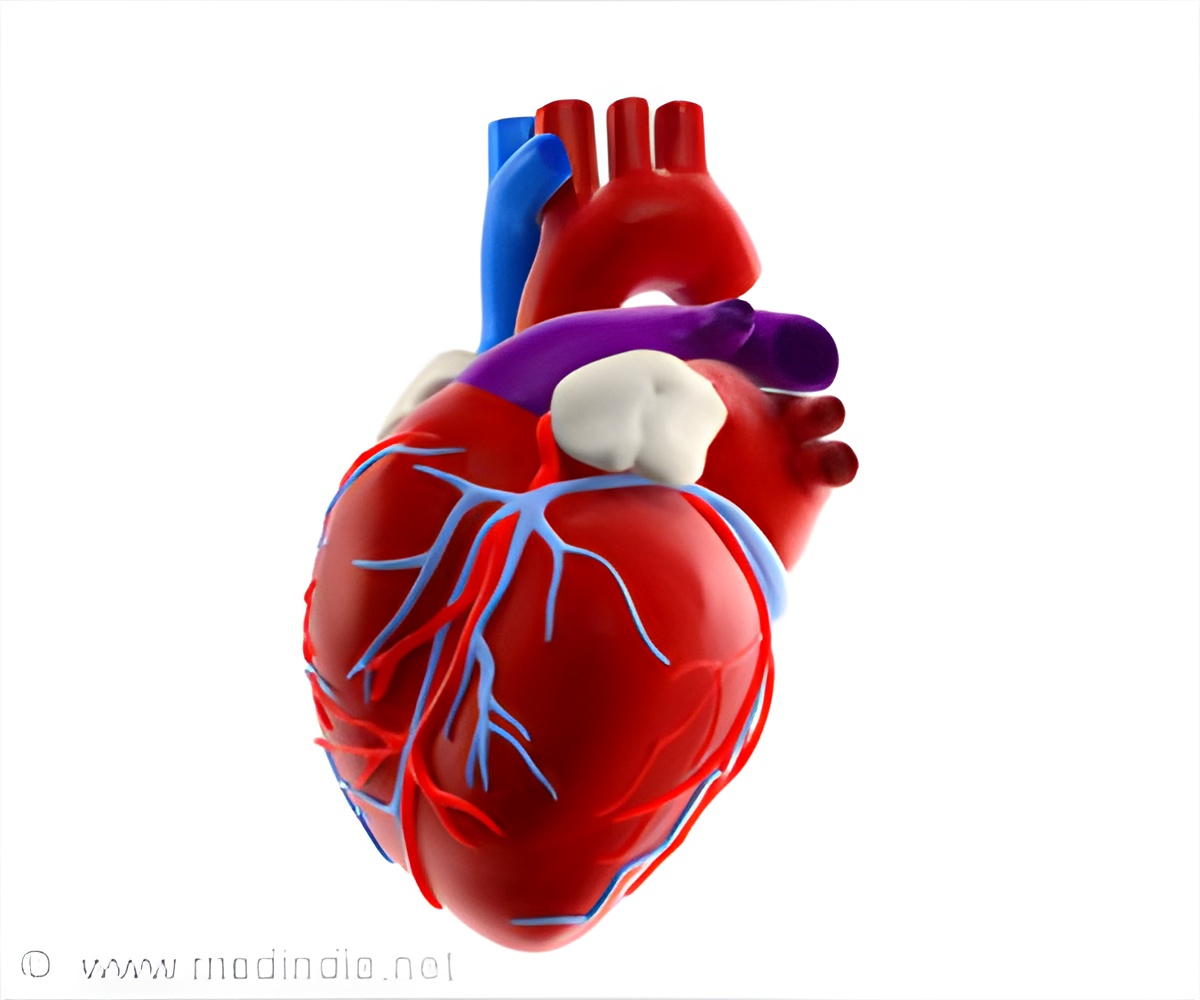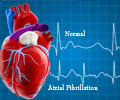Deep learning-enabled analysis of medical images identifies sphericity of the heart as an early marker of heart muscle disease and related outcomes.

Why Does the Shape of Your Heart Matters?
A change in the heart’s shape could be the first sign of atrial fibrillation and cardiomyopathy. Now, Investigators from the Smidt Heart Institute have discovered that patients who have round hearts shaped like baseballs are more likely to develop heart failure and atrial fibrillation. Atrial fibrillation is the most common type of abnormal heart rhythm disorder, which greatly increases a person’s risk of having a stroke. The condition is rising in prevalence and is projected to affect 12.1 million people in the U.S. by 2030.‘Your heart’s shape and specific genetic markers may predict the risk of developing atrial fibrillation and heart muscle disease.’





Cardiomyopathy is a type of heart muscle disease that makes it harder for the heart to pump blood to the rest of the body and can eventually lead to heart failure. The main types of cardiomyopathies—dilated, hypertrophic, arrhythmogenic, and restrictive—affect as many as 1 of every 500 adults.The shape of one’s heart changes over the years, typically becoming rounder over time and especially after a major cardiac event like a heart attack. Therefore, understanding how a heart changes when faced with illness with more reliable and intuitive imaging may prevent heart diseases.
Curious to Know Heart Disease Risk? Check the Shape of Your Heart
Using deep learning and advanced imaging analysis, investigators studied the genetics of heart structure. They found that individuals with spherical hearts were 31% more likely to develop atrial fibrillation and 24% more likely to develop cardiomyopathy, a type of heart muscle disease.The risk was identified after investigators analyzed cardiac MRI images from 38,897 healthy individuals from the UK Biobank. Using this same database, researchers then used computational models to identify genetic markers of the heart that are associated with these cardiac conditions.
By looking at the genetics of sphericity, they found four genes associated with cardiomyopathy: PLN, ANGPT1, PDZRN3, and HLA DR/DQ. The first three of these genes were also associated with a greater risk of developing atrial fibrillation.
These findings provide more clarity on the potential use of cardiac imaging to diagnose more effectively and prevent many conditions. But they also emphasized the need for additional studies. Large biobanks with cardiac imaging data now offer an opportunity to analyze and define variations in cardiac structure and function that was not possible using traditional approaches.
Advertisement
Advertisement















